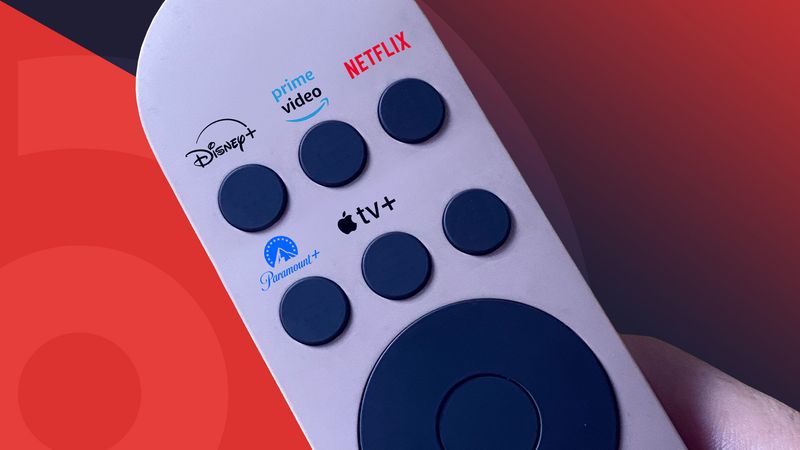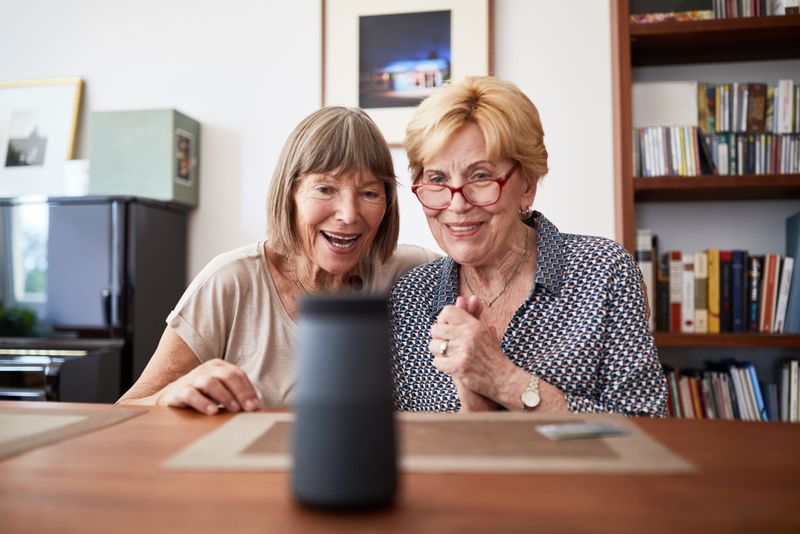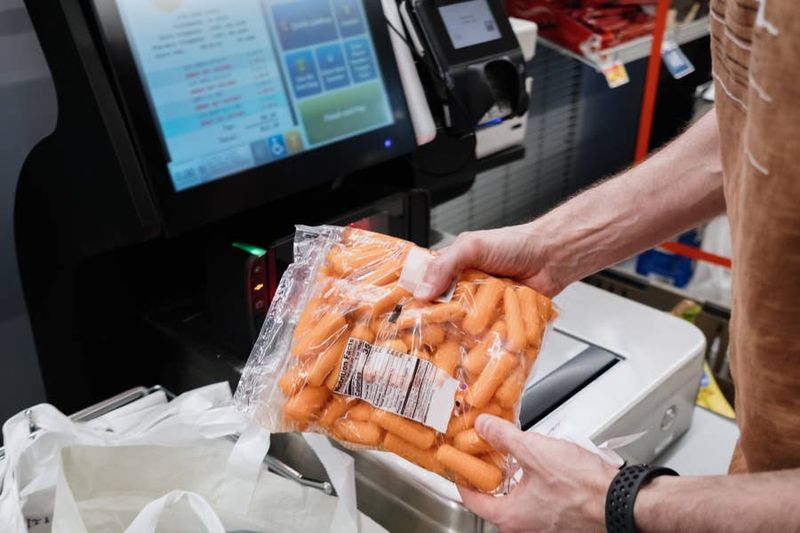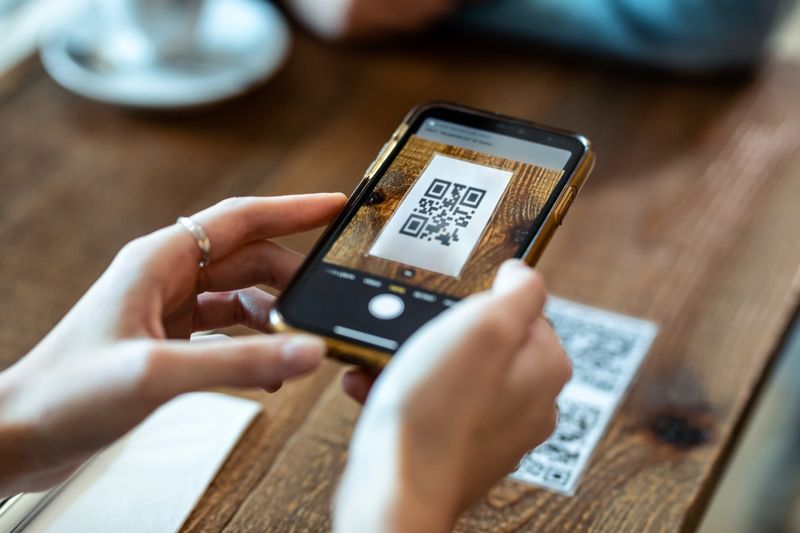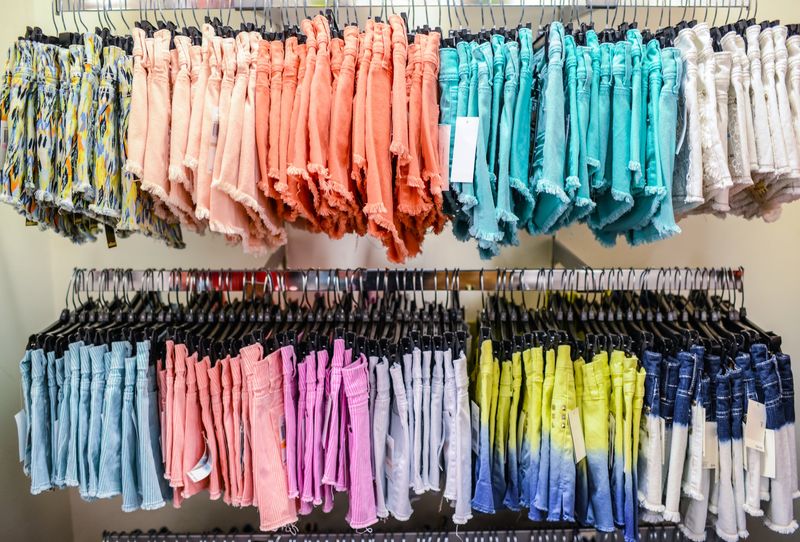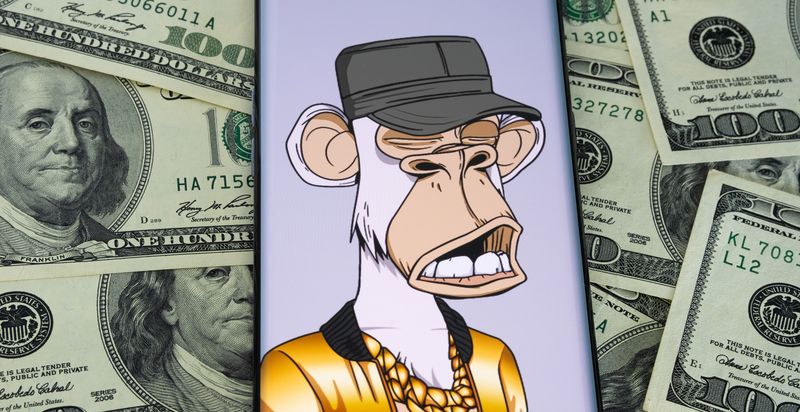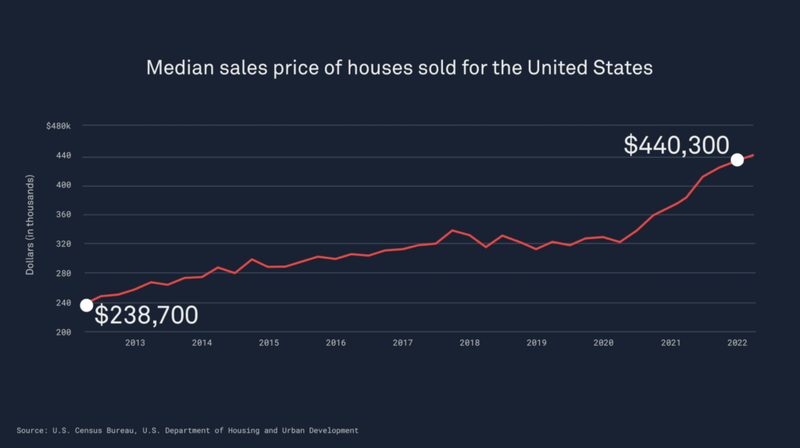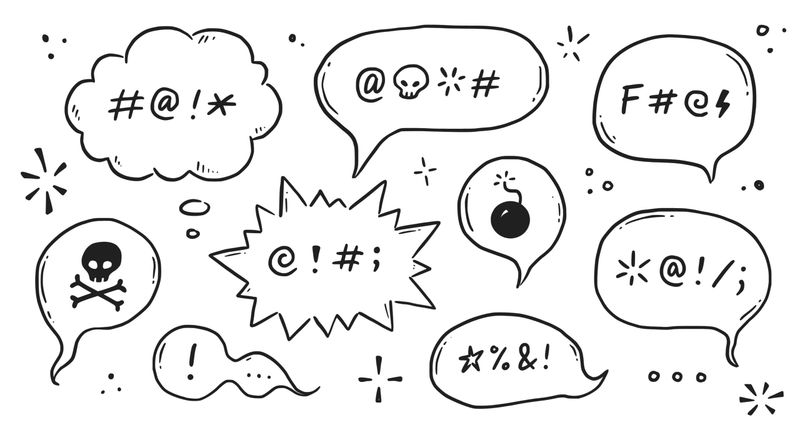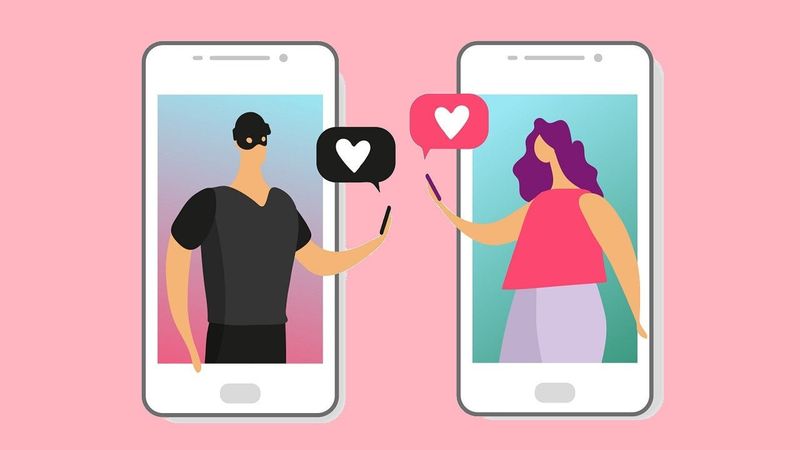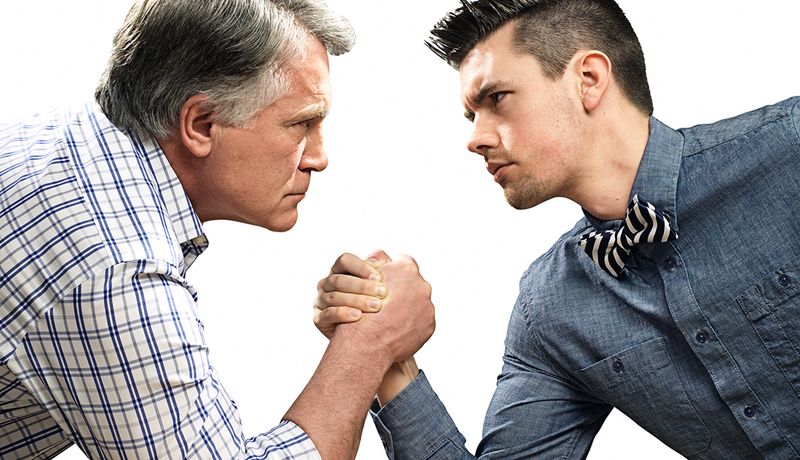As time progresses, the world changes at a rapid pace, leaving some generations feeling disconnected from new advancements and cultural shifts. Baby Boomers, a generation born between 1946 and 1964, often find themselves bewildered by certain modern challenges that define the current era. This blog post highlights 20 such things that Baby Boomers might find perplexing, frustrating, or simply exhausting. From the digital realm to lifestyle changes, these items reflect the vast differences between their formative years and the present day.
1. Technology & Social Media
“Why does everyone document their breakfast?” Social media, from Facebook to Instagram, has become a staple in modern communication. Yet, what seems second nature to younger generations may feel like an alien world to Baby Boomers. The constant sharing, likes, and hashtags can be overwhelming. Remember when phone calls and handwritten letters were the norm? For Baby Boomers, these platforms can feel impersonal, draining the essence of genuine connections. They long for face-to-face interactions and tangible memories instead of fleeting digital ones.
2. TikTok Dances & Viral Challenges
Twisting the night away was once the height of entertainment. Today, TikTok dances and viral challenges dominate the scene, leaving Baby Boomers scratching their heads. “Back in my day, the Twist was complicated enough!” These fast-paced, choreographed routines can seem baffling and unnecessary to those who danced to classic tunes without the pressure of going viral. It’s a cultural shift that highlights the difference in how fun and expression are defined across generations.
3. Two-Factor Authentication
“Why do I need a code from my phone to log into my own email?!” The digital age demands security, but for Baby Boomers, two-factor authentication feels like an extra hurdle. Gone are the days of simple passwords. Now, logging in requires multiple steps, turning a straightforward task into a complicated process. This security measure is vital, yet it can seem like an overbearing labyrinth to those who yearn for the simplicity of past technologies.
4. Streaming Services With 500+ Options
The vast ocean of streaming options is both a blessing and a curse. For Baby Boomers, “Just give me Gunsmoke and The Price Is Right,” sums up their television needs. Navigating between hundreds of shows and movies can be daunting. With so many choices, decision fatigue sets in. They remember a time when TV was simple—three channels and a schedule you could rely on. The current landscape is overwhelming, offering too much of everything at once.
5. Smart Home Devices That Talk Back
“Alexa, turn off the lights.” “I’m sorry, I didn’t catch that.” For Baby Boomers, the idea of talking to a device and expecting it to respond is still surreal. These smart home devices are designed to make life easier, yet they often complicate simple tasks. The frustration of not being understood by a machine contrasts sharply with memories of manual switches and knobs. They long for straightforward solutions without the sass of technology.
6. Influencers & Unboxing Videos
“You get paid to open packages now?!” The rise of influencers and unboxing videos is mystifying to Baby Boomers. In a world where hard work equaled financial success, the concept of earning a living by sharing one’s daily life or opening products online seems baffling. This new career path challenges traditional notions of work and value, leaving many Boomers questioning the future of labor and the skills deemed profitable.
7. Self-Checkout Lanes
“I didn’t take a part-time job at Kroger—why am I scanning my own groceries?” The self-checkout lane, a modern convenience for many, can be an intimidating experience for Baby Boomers. The lack of human interaction and the pressure to efficiently scan and bag items themselves contrasts with their memories of personalized service. It’s a shift from a social shopping experience to an impersonal transaction, leaving them yearning for simpler, more personal interactions.
8. QR Code Menus
“Just give me a real menu—I don’t want to download an app to order a burger.” QR code menus represent a technological leap in dining that leaves many Baby Boomers feeling alienated. The tactile experience of flipping through a menu is replaced by digital navigation, which can be cumbersome and counterintuitive. This shift symbolizes a broader change towards digital solutions, often at the expense of traditional and familiar practices.
9. Subscription Fatigue
“First Netflix, then Disney+, now Max? I miss when TV was free.” Subscription fatigue is real for Baby Boomers who recall a time when television came at no extra cost beyond the basic set. Today, the myriad of streaming services, each with its own fee, feels like a financial burden. This constant need to subscribe for more content is exhausting, evoking nostalgia for simpler times when entertainment was more accessible and less fragmented.
10. Fast Fashion Trends
“Clothes used to last 20 years. Now they fall apart after two washes!” Fast fashion, with its rapid production and consumption cycles, confounds Baby Boomers. They grew up in an era where quality and durability were paramount. Today’s fashion emphasizes trends, often sacrificing longevity for quick turnover. This shift not only affects consumer habits but also highlights concerns about waste and sustainability. For Boomers, the fast-paced fashion world feels disposable and fleeting.
11. Quiet Quitting & Hustle Culture
“We worked 40 years at the same company for a gold watch—what’s this ‘bare minimum’ talk?” The modern work ethos of quiet quitting and hustle culture is perplexing to Baby Boomers. Their career paths were defined by loyalty and long-term commitment. The idea of doing just enough or constantly hustling for side gigs feels foreign. This evolving work culture challenges their beliefs about job satisfaction and work-life balance, sparking debates about professional values.
12. Cryptocurrency & NFTs
“Money is supposed to be real, not a JPEG of a monkey!” Cryptocurrency and NFTs represent a new frontier in finance that leaves many Baby Boomers bewildered. The tangible nature of cash and coins is replaced by digital assets, which can seem like abstract concepts. This shift challenges traditional financial wisdom, making it difficult for some to embrace or even understand. The complexities of blockchain and virtual ownership further obscure their perception of value.
13. Side Hustle Pressure
“My side hustle was mowing lawns—not selling digital courses on LinkedIn.” The rise of the gig economy and side hustles as a norm is confusing for Baby Boomers. Their idea of supplementary income was grounded in tangible tasks and manual labor. Today’s digital opportunities, from online courses to freelance platforms, are a far cry from their experiences. This shift underscores generational differences in defining success and work, highlighting a new era of entrepreneurial spirit.
14. Ridiculous Housing Prices
“I bought my first house for $25K—now a closet costs half a million?!” The skyrocketing housing market is a source of disbelief for Baby Boomers who remember more affordable times. The reality of current real estate prices, especially in major cities, contrasts starkly with their experiences. This financial challenge underscores broader economic shifts, making homeownership seem like an unattainable dream rather than a standard life milestone.
15. Cancel Culture & Online Outrage
“We settled arguments with fists, not Twitter threads.” Cancel culture and the phenomenon of online outrage leave many Baby Boomers perplexed. In their day, disagreements were resolved through face-to-face interactions, not digital call-outs. The consequences of public shaming and the speed of online takedowns are unsettling. This new landscape of accountability and backlash feels like a minefield, where missteps can lead to lasting reputational damage, unlike the more private disputes of the past.
16. Dating Apps
“We met people at the diner or church—not by swiping left on robots!” The digital dating landscape, dominated by apps, is a foreign concept to Baby Boomers. Their courtship memories involve personal interactions and serendipitous meetings, not algorithms. The fast-paced, swipe-driven nature of modern dating feels impersonal and transactional. This technological shift challenges traditional notions of romance, making the pursuit of love feel more like a digital game than a heartfelt journey.
17. Avocado Toast & Fancy Coffee
“$8 for a latte? Coffee used to cost a dime!” The rise of gourmet coffee and trendy foods like avocado toast leaves Baby Boomers bewildered. These luxuries, with their high price tags, symbolize a shift in culinary values. The simplicity of a home-brewed cup of coffee is replaced by artisanal lattes, reflecting broader changes in consumer habits. For Boomers, this culinary evolution can seem extravagant and excessive, questioning the value placed on modern dining experiences.
18. Participation Trophies
“We played outside until the streetlights came on—no trophies for showing up.” The concept of participation trophies mystifies Baby Boomers, who grew up with a focus on merit-based recognition. This shift towards rewarding effort over achievement feels disingenuous to a generation accustomed to earning accolades. The emphasis on boosting self-esteem through participation awards contrasts with their experiences of competition, where success was celebrated and failure was a lesson, not a trophy.
19. “Wellness” Trends (Gut Health, Biohacking, etc.)
“We drank Tab and smoked cigarettes—somehow we’re still alive.” Today’s wellness trends, with their focus on gut health and biohacking, baffle Baby Boomers. Health and wellness, once straightforward, have become complex fields filled with buzzwords and niche practices. The emphasis on maintaining peak health through unconventional means seems excessive to those who lived through simpler times. This wellness evolution challenges traditional views on health, creating a cultural gap in understanding and acceptance.
20. Phone Addiction
“Kids today can’t even sit through dinner without staring at a screen!” The phenomenon of phone addiction is puzzling to Baby Boomers. The omnipresence of smartphones, constantly demanding attention, contrasts sharply with the more focused interactions of their youth. This digital distraction impacts social dynamics, making personal connections feel secondary to virtual interactions. For Boomers, the decline in face-to-face communication is a concerning trend, highlighting broader shifts in societal values.
21. Being Called “Boomer” as an Insult
“We survived disco, Reaganomics, and dial-up—show some respect!” The term “Boomer” used as an insult underscores generational tensions. For those who lived through significant historical changes and cultural shifts, being reduced to a stereotype feels dismissive. This generational label often overlooks the contributions and experiences of Baby Boomers, fostering misunderstandings. The evolution of “Boomer” from a simple descriptor to a pejorative term reflects broader societal divides and the challenges of intergenerational communication.




